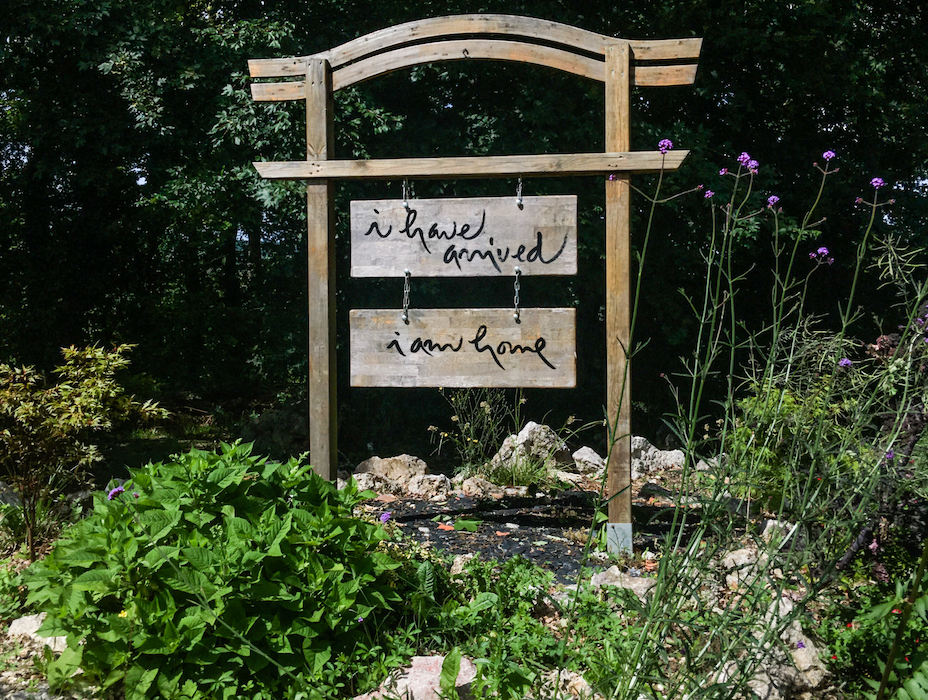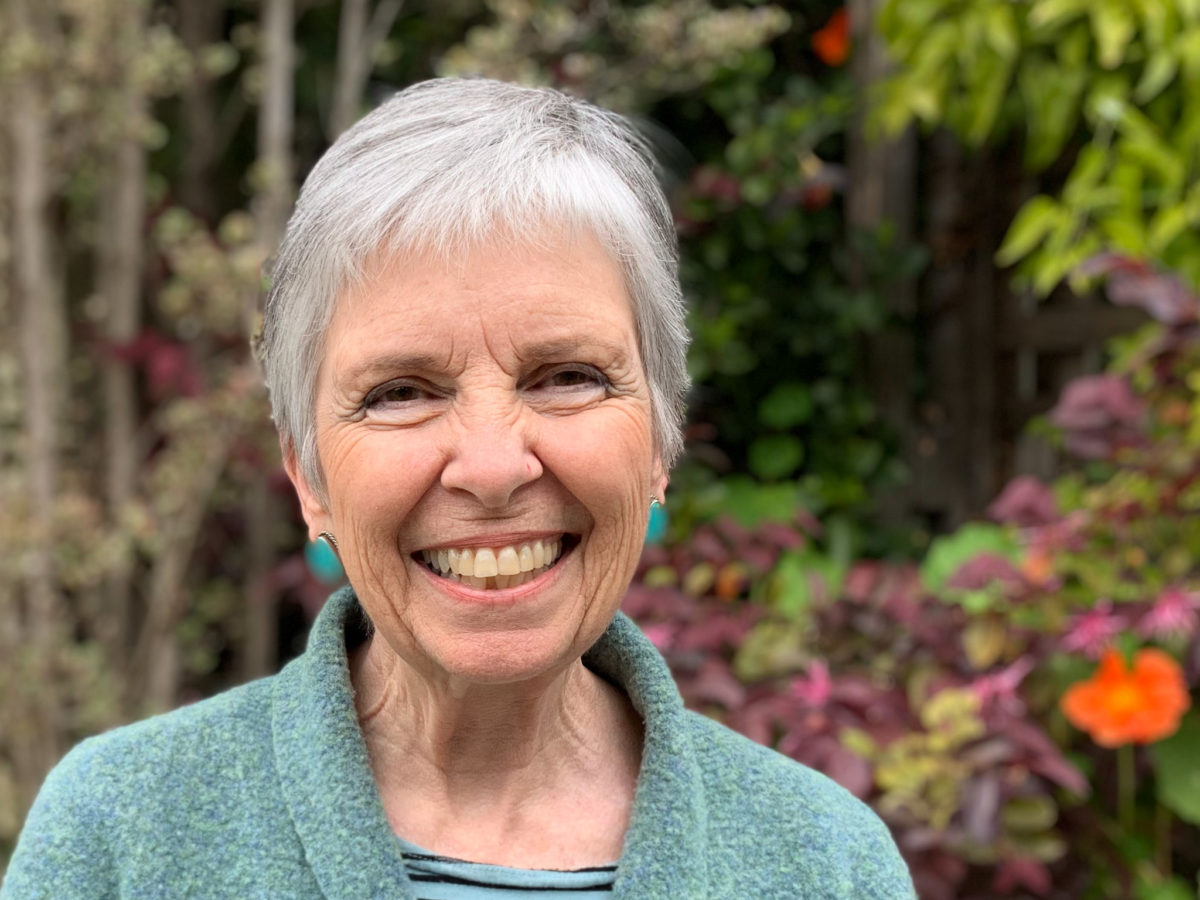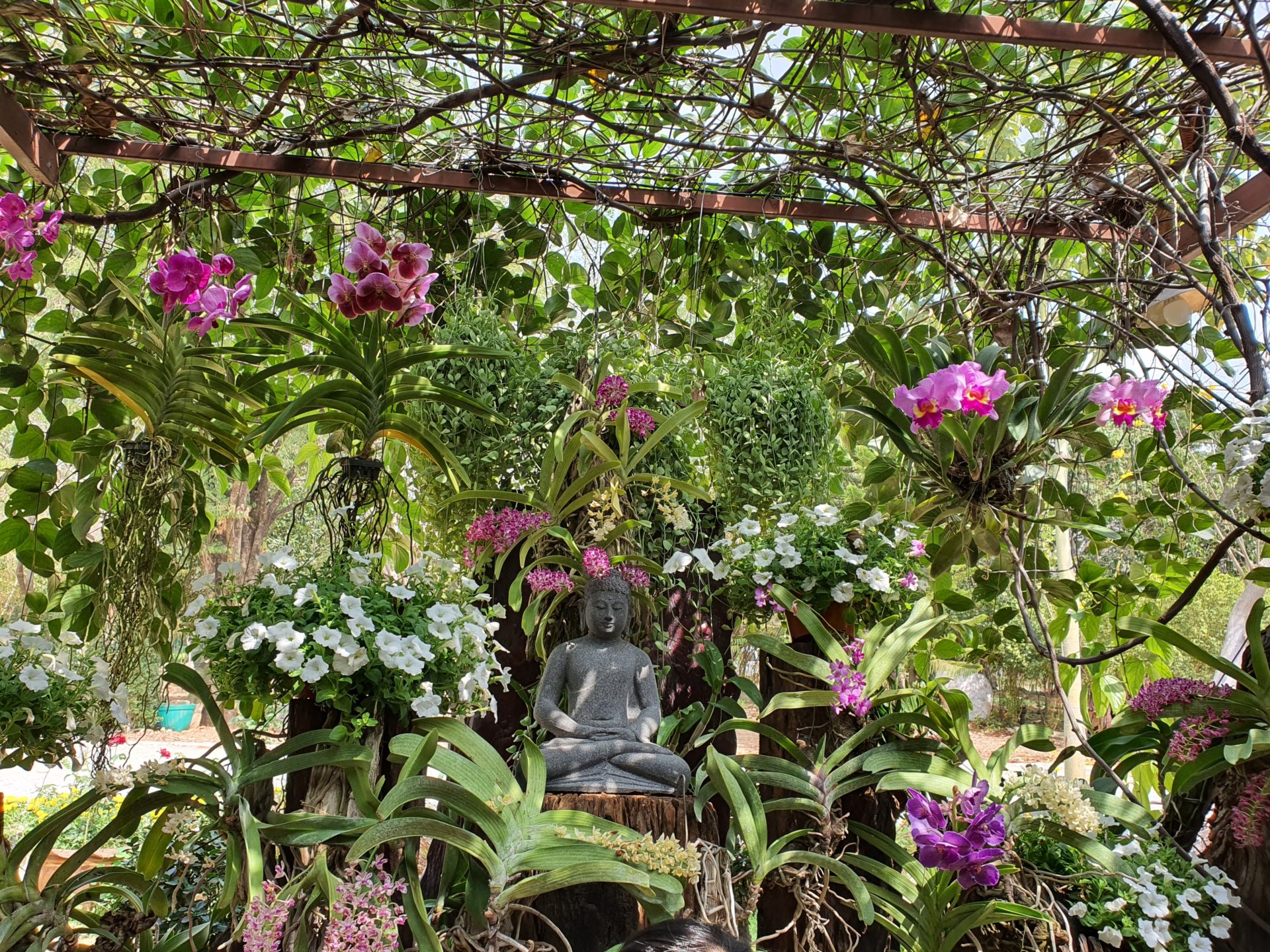By Claire Heinzelman

A young sari-clad mother, a baby on her hip, stands calf deep in rising sea water that has carried away her beachfront home in Sri Lanka. She worries about the future. Fellow Americans cling to roofs of their New Orleans homes now floating in floodwaters for a second time since Hurricane Katrina. They pray for rescue. Down under, Australians flee for their lives.
By Claire Heinzelman

A young sari-clad mother, a baby on her hip, stands calf deep in rising sea water that has carried away her beachfront home in Sri Lanka. She worries about the future. Fellow Americans cling to roofs of their New Orleans homes now floating in floodwaters for a second time since Hurricane Katrina. They pray for rescue. Down under, Australians flee for their lives. Flames lick their cars and trucks while they attempt to outrun wildfires consuming the vast countryside. Or they gamble, stay put, and hope the infernos will skip over them.
I am there. I am there with them. My heart races in escape. I am anxious for our rescue. My mind worries for our homeless futures. It is not possible for me to be happy, here in my safe-for-now nest while sisters and brothers suffer tragedy. I write letters to my government asking them to send big aid. I send money, my own small aid when I can. My mind still worries. My heart still races to escape floods, flames, famines, pestilence, and droughts that threaten.
So I sit. I breathe. Actually, I allow my body to breathe. I don’t need to work at this. My body breathes me. Even when I am asleep, breath is a gift freely given. I am grateful for this breath—this one breath in this singular present moment. I sit. Soon, I notice I am safe in this present moment. Right now, I am safe. My breathing slows. I do not have to do anything. Just let my body breathe. I am well. I am well in this present moment. I relax. I am at ease, and I am grateful.
I’m especially grateful on days the breath is clean and fresh. This fresh, clean breath is a cause of great happiness. Sometimes the breath is the cause of great suffering. Sometimes, the breath is laden with smoke, chemicals, and particulates that poison living things. I did not pollute the clean fresh air, set the fires, run the refineries. Why does this degradation cause me to suffer?
I sit. I observe my body breathe. Thoughts come and go.
Is that the truth? Am I not responsible for the air? I think of the gasoline I have used mindlessly, thinking of it as a replenishable resource. I did not think of the consequences of refining required before I pump gas into my car. I have been thinking—or not thinking at all—that by-products of combustion will be carried away to someplace where air becomes clean and harmless once again. Harmless to whom? Is it harmless if it is only harmless to me? I see more clearly my world view. I have been thinking that because I can afford it, I have a right to use all I choose. I have been thinking if it does no harm to me, it is harmless.
I sit. I observe my breath. I do not like to see myself in this way. Yet, this selfishness is part of me as much as my unselfish caring about this tiny planet is part of me. I allow my self-centeredness to be. It passes. Another day, I sit. I look more deeply.
More carelessness appears. I think about plastic I have used throughout my life. I was unaware and unconcerned that its creation degraded air and water all over this precious planet. I was unaware of the people who live or work near plastic manufacturing and unaware of the suffering caused by foul air and toxic water that brought my Tupperware to me. I have been thoughtless about the finite nature of petroleum reserves. The oil I use will not be here
for future generations. I become aware of the decades I have used plastics without thinking where they end up—clogging rivers and floating in small continents of waste filling Earth’s oceans and killing much precious life.
I sit. I follow my breath. I allow thoughts to enter and exit. I look deeply. I see more.
More I don’t want to see. I see how I love comfort. I think about home heating. When I was cold, I turned up the heat. I didn’t put on wool socks and sweaters. Nor did I bundle my children, teaching them to love the fresh cool air. I dialed up the thermostat. I see now that natural gas is also finite. Fracking pollutes groundwater and air. It is not healthy for people and other living things. Now I see sheep gladly share their wool each spring. If only I had seen it earlier!
I sit. I allow my breath. I relax. I see a direct connection between climate degradation and my choices. I regret my prior unknowing and yet I accept it. I did the best I could with the awareness I had at the time. Most of us do. Still, thoughts, recriminations, and regrets come and go.
I think about water: water running from faucets while I brush my teeth, water leaking from a hose bib I didn’t take time to fix, water running while I peel vegetables, water for the long shower I thought I needed to end a stressful day. I was oblivious to millions who live on this interconnected planet with no ready access to water. I see myself in a school-age girl who lives in rural Africa. She cannot attend school because she must walk with a five-gallon jug to the nearest water source a mile or so away. She waits her turn in line at the pump, fills it, and carries it home again. I see that I can use less water. I can share my savings with those who might dig a well closer to her village. She can then go to school and learn.
I sit. I am grateful for each breath. I am grateful for each drink of clean water I enjoy from the tap. I begin to understand my privilege.
It is true that having access to water has allowed me to eat. I think about food. I can’t remember ever being truly hungry. Of course, I have been ready to eat after a long day of yard work or hiking but never truly hungry. I take food, good food, for granted. I waste leftovers, often ignoring them until they spoil. Some food sits because it isn’t named in the day’s recipe which calls for a “right” combination of flavors suggested by Martha Stewart or Deborah Madison. I think about the people who plant, nurture, pick, and deliver my food to the grocery. I have been careless with their gifts of time, energy, and care.
I sit. I breathe. I look again. I understand I can do nothing about the past. It is written. In many areas of my life, I have lacked skillfulness. Yet, as long as I have breath, I have choice. With awareness, I can build new habits. I can live in this beautiful interconnected world in a more skillful way. This thought makes me happy.

Claire Heinzelman, Refreshing Light of the Heart, received the Five Mindfulness Trainings from Thich Nhat Hanh in 2011 at Deer Park Monastery, California, US. The trainings help her to compassionately understand the ways she gets caught in personal storytelling of all she “needs” to be happy, and they guide her mindful action toward “needing” less and being happy more. She recently published Through a Glass Darkly, Lenses on Life with Alcohol Addiction, an anthology in poetry and prose by senior women.

